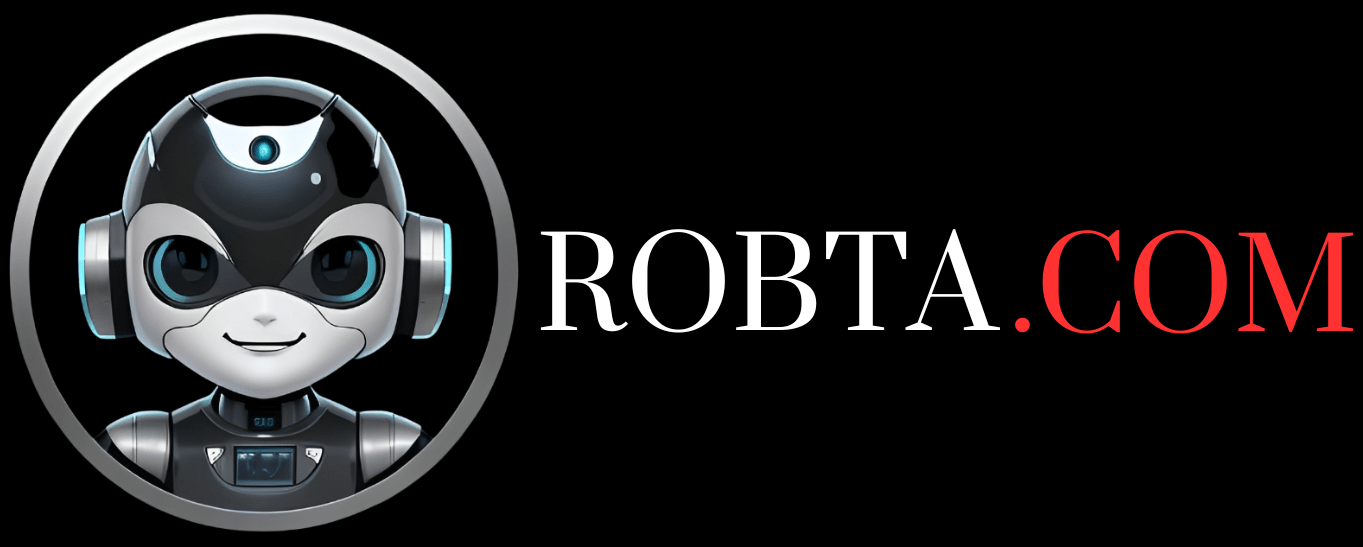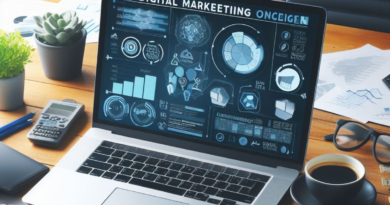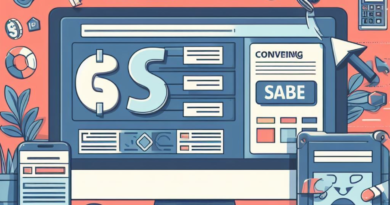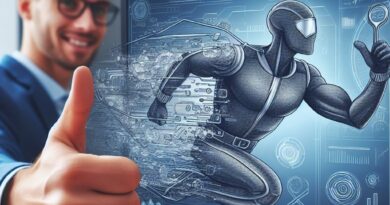Unlock the Future: AI in Everyday Life
Unlock the Future: AI in Everyday Life is no longer a sci-fi concept. It has become an integral part of our daily lives, reshaping industries, enhancing convenience, and offering new possibilities. In this article, we will explore the diverse ways AI is transforming our world, from healthcare to entertainment and everything in between.
Introduction
The rapid advancement of technology in recent years has opened the door to a future that was once only imaginable in science fiction. Artificial Intelligence, or AI, is at the forefront of this digital revolution. Unlock the Future: AI in Everyday Life is not just a catchphrase; it’s a reality that we are living in right now. In this comprehensive guide, we will dive deep into the impact of AI on our daily lives, exploring its applications, potential, and challenges.
The Rise of AI in Daily Life
AI is no longer confined to the pages of a science fiction novel or the screens of futuristic movies. It has seamlessly integrated into our daily lives in ways that we might not even realize. From voice-activated virtual assistants like Siri and Alexa to the recommendation algorithms on streaming platforms, AI has become an invisible but ever-present force.
Artificial Intelligence is not limited to a single sector; its influence spans across various domains, contributing to our daily routines. Let’s take a closer look at how AI is shaping our world, one application at a time.
Healthcare Revolution
Unlock the Future: AI in Everyday Life is most evident in the healthcare industry. AI-powered diagnostic tools and predictive analytics are saving lives and increasing the accuracy of medical diagnoses. Technologies like IBM’s Watson can analyze medical records and provide insights that can be crucial for treatment decisions.
AI is also making strides in drug discovery and development, significantly reducing the time and cost involved. In the not-so-distant future, AI might hold the key to personalized medicine, tailored to each individual’s genetic makeup.
AI in Education
The education sector is not immune to the AI revolution. Educational platforms are using AI to create personalized learning experiences for students. Adaptive learning software analyzes a student’s strengths and weaknesses, providing customized exercises and materials to enhance their understanding of subjects.
Moreover, AI-powered chatbots are providing instant assistance to students, answering their queries and guiding them through various academic challenges. This not only supports students but also reduces the burden on educators, allowing them to focus on more complex tasks.
The Entertainment Experience
Unlock the Future: AI in Everyday Life has significantly impacted the entertainment industry. Streaming platforms like Netflix and Spotify use AI to curate personalized recommendations for their users. This ensures that you get to watch or listen to content that aligns with your interests.
AI has also taken center stage in the gaming industry, enhancing graphics, creating more immersive experiences, and even introducing AI-controlled non-playable characters (NPCs) that adapt to your gameplay style.
Smart Cities and Transportation
The concept of smart cities is no longer a distant dream. AI plays a pivotal role in transforming urban areas into efficient, sustainable, and intelligent ecosystems. Traffic management systems, waste disposal, and energy conservation all benefit from AI-powered solutions.
Additionally, AI-driven autonomous vehicles are paving the way for safer and more efficient transportation. Unlock the Future: AI in Everyday Life is evident in the growing fleet of self-driving cars and trucks, promising a future with fewer accidents and reduced traffic congestion.
AI’s Impact on the Workplace
The workplace is another arena where AI is making its mark. It is changing the way we work and the jobs we do. While some concerns have been raised about the potential job displacement due to automation, AI is also creating new opportunities and transforming existing roles.
Automation and Efficiency
AI-powered automation is streamlining routine tasks, allowing employees to focus on more creative and strategic aspects of their jobs. This not only increases efficiency but also reduces the risk of human error.
In fields like manufacturing, AI-driven robots are taking over hazardous tasks, ensuring a safer working environment for employees.
AI-Assisted Decision Making
Unlock the Future: AI in Everyday Life extends to decision-making processes. In the corporate world, AI helps in data analysis, providing valuable insights that can drive business strategies and improve customer experiences.
The Future of Work
The workplace of the future will be a collaborative effort between humans and machines. Humans will handle tasks that require creativity, empathy, and complex problem-solving, while AI will manage repetitive, data-driven tasks.
The Ethical Dilemma
Unlock the Future: AI in Everyday Life comes with its share of challenges and ethical concerns. As AI systems become more autonomous and intelligent, questions regarding privacy, bias, and accountability arise.
Privacy Concerns
AI systems often require access to vast amounts of data to operate effectively. This raises concerns about data privacy and security. It’s crucial to strike a balance between harnessing the power of AI and protecting individual privacy.
Bias in AI
AI algorithms can inadvertently perpetuate biases present in the data they are trained on. It’s essential to address these biases to ensure that AI systems are fair and equitable for all.
Accountability and Regulation
As AI becomes more integrated into our daily lives, questions about accountability and regulation become more urgent. Who is responsible when an AI system makes a decision that has negative consequences? These questions need answers as AI’s influence continues to grow.
FAQs
Q: How does AI impact everyday life? A: AI affects our daily lives through healthcare, education, entertainment, and transportation, making processes more efficient and personalized.
Q: What is the future of work with AI? A: The workplace will see a collaborative effort between humans and machines, with AI handling routine tasks and humans focusing on creative and complex aspects of their jobs.
Q: What are the ethical concerns surrounding AI? A: Ethical concerns include issues of privacy, bias, and accountability in AI systems.
Q: Are there any risks associated with AI in daily life? A: While AI offers many benefits, there are risks related to data privacy, bias, and accountability that must be addressed.
Q: How can AI improve the healthcare sector? A: AI in healthcare enhances diagnostic accuracy, streamlines patient care, and expedites drug discovery.
Q: Can AI have a negative impact on the job market? A: While AI can automate certain tasks, it also creates new job opportunities in AI development, data analysis, and more.
Conclusion
Unlock the Future: AI in Everyday Life is not just a buzzword; it’s a reality that has already begun to shape our daily existence. As we move forward, it’s essential to embrace the transformative power of AI while addressing the ethical concerns that come with it. The future is here, and it’s powered by AI.




